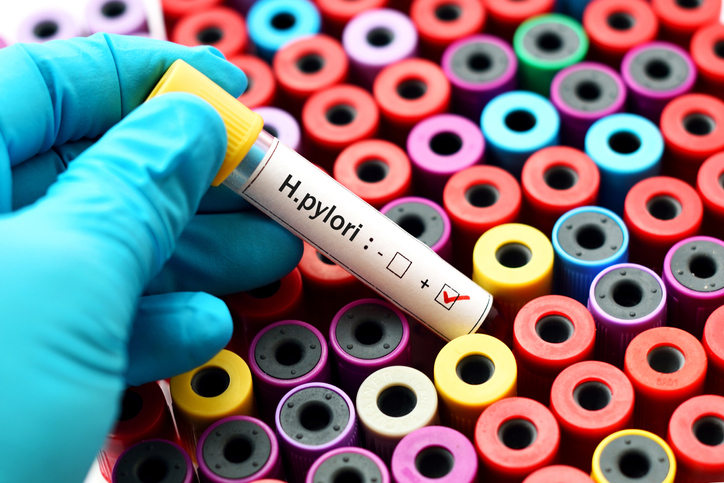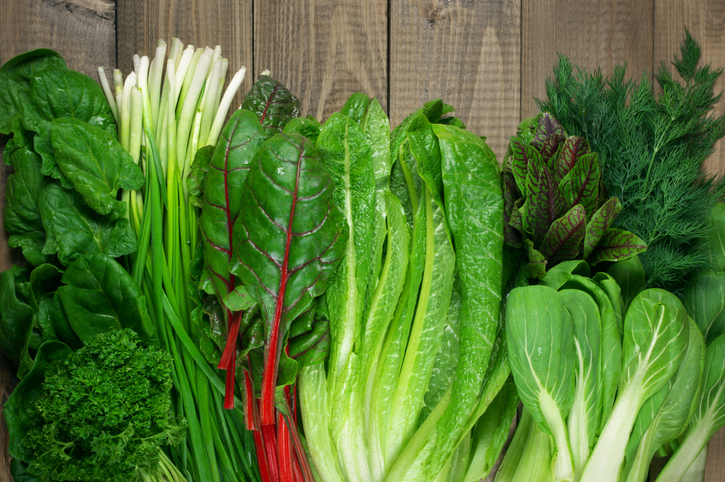Helicobacter pylori: The Bacteria That Can Give You an Ulcer
Know its symptoms and how to treat it
Publicado:
H. pylori enters the stomach and sticks to its surface, causing increased production of stomach acid, bleeding, infections, and poor digestion. The stomach walls become damaged and wounds called ulcers are formed. It can also develop into chronic inflammation (gastritis) and, in some cases, stomach cancer.
Although it is unclear, in most cases H. pylori is transmitted from person to person, usually during childhood. People can also get infected from contact with the mouth or stool or contaminated food and water. If the infection is not treated, it can become chronic.

How to identify it
H. pylori usually causes a feeling of hunger and empty stomach approximately 1 to 3 hours after eating. It can also cause problems drinking fluids, loss of appetite, involuntary weight loss, vomiting, and dark or bloody stool.

How to prevent it
To prevent H. pylori infection, specialists recommend washing your hands well after using the bathroom and before eating. It is also important to drink water from safe sources and to prepare food properly.
Treatment
If detected, H. pylori infection is curable, although these bacteria are very resistant. Eliminating it requires a two-week treatment regimen with antibiotics and a medication that reduces the secretion of stomach acid. This treatment is the best way to get rid of the bacteria and prevent future ulcers.

Beneficial foods
Some foods can help combat H. pylori during treatment, although they cannot replace the treatment. These include foods with anti-inflammatory properties, low-acid foods, and quickly digestible foods. For example: cooked fruits and vegetables (broccoli, cabbage, raspberries, blackberries, blueberries, pears, apples, and bananas), white meat and fish, yogurt, nuts, seeds, and olive oil.
What to avoid
You can also help your body fight H. pylori by avoiding certain foods, primarily those that irritate the stomach, increase stomach acid production, or take a long time to digest. These include sodas, alcoholic beverages, pepper and spices, red or processed meats, coffee, chocolate, and yellow cheese.

Sources:
Natural Medicines Comprehensive Database; National Library of Medicine; Mayo Clinic.


